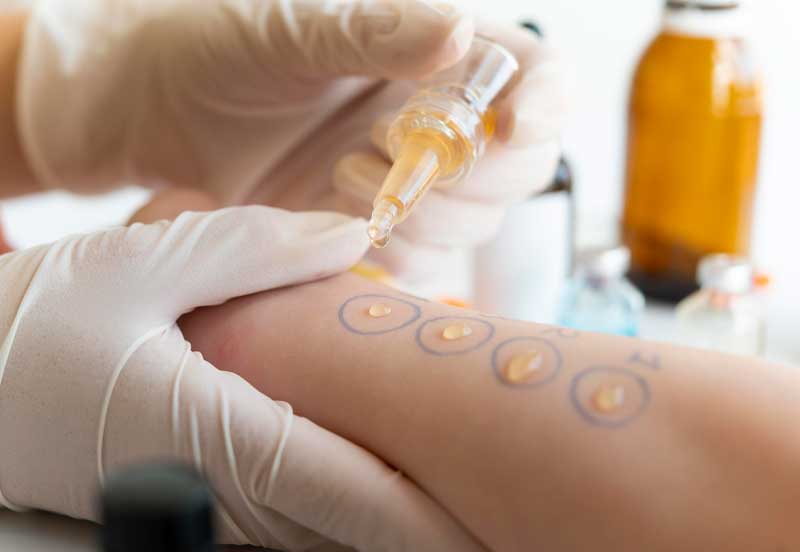
Ez a weboldal sütiket (cookies) használ ahhoz, hogy a weboldal megfelelően működjön, továbbá az oldalt felkereső látogatók számára a legjobb felhasználói élményt lehessen biztosítani. A sütikben elmentett információk a weboldalt felkereső látogatók böngészőjében kerül tárolásra, és olyan adatokat tartalmaznak amelyeknek segítségével felismerhetjük, ha a weboldalra visszalátogat, vagy segít abban, hogy a weboldal melyik oldalait látogatja a felhasználó a leggyakrabban, mik a legérdekesebbek számára, melyik részek a legjobban használhatóak.
A felhasználó a bal oldali rész fülein keresztül a süti beállításokat részletesen be tudja állítani. Adatkezelési tájékoztató itt elérhető.


